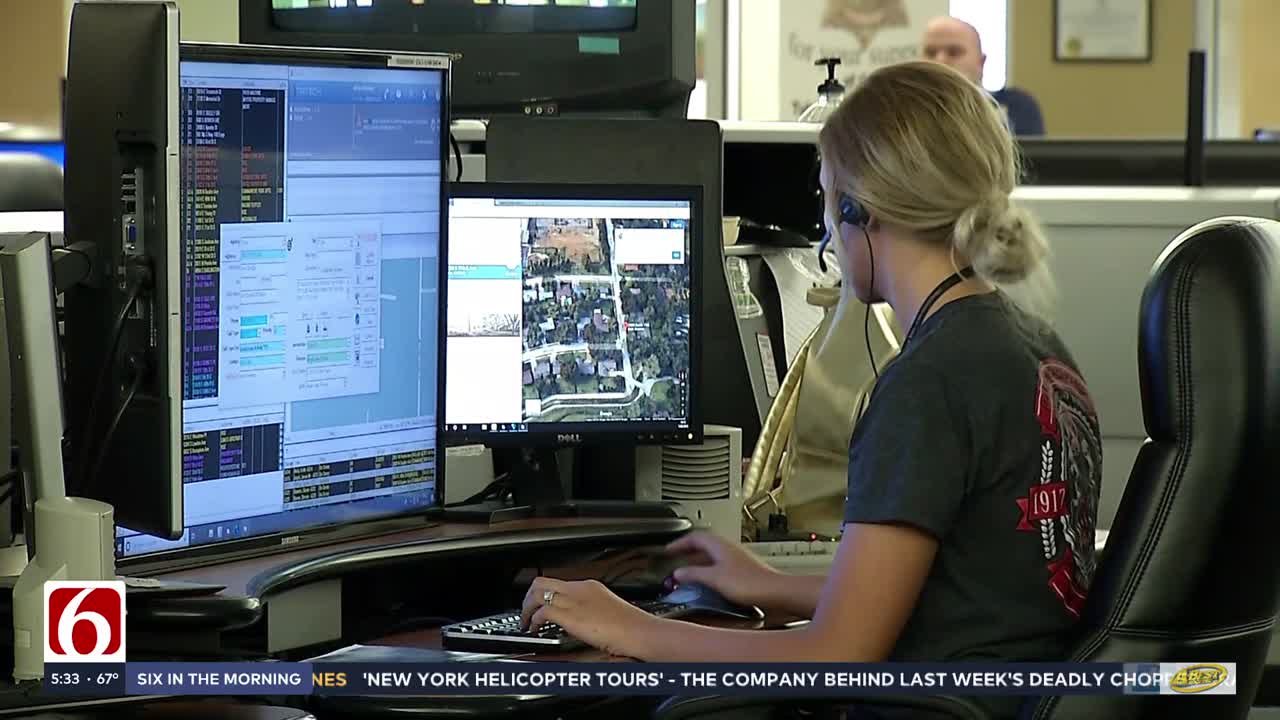The City of Tulsa has implemented a new initiative to improve the handling of mental health emergencies within its 911 Call Center. As part of a partnership with Family & Children’s Services, a mental health clinician has been embedded in the dispatch team to provide immediate Community Outreach Psychiatric Emergency Services (COPES) support. This change aims to ensure that mental health-related calls are managed appropriately without defaulting to police or fire services, thus facilitating faster and more effective assistance for those in crisis.
Traditionally, the 911 Call Center has relied on dispatchers to redirect calls to police, fire, or emergency medical responders. With the addition of the COPES clinician, dispatchers now have a trained professional available to assess mental health situations in real-time. This allows the clinician to provide immediate support during calls, while also freeing emergency responders to focus on other urgent matters.
The collaboration with Family & Children’s Services marks a critical shift in response strategies for mental health crises. The initiative aims to achieve two main goals: enhancing outcomes for individuals experiencing mental health emergencies and alleviating the pressure on police and paramedics, who may not have specialized training to address psychiatric issues.
Tulsa Mayor Monroe Nichols and city council members plan to formally announce this new resource during a news conference at the 911 Call Center. This event coincides with National Public Safety Telecommunicators Week, a time to recognize the vital contributions of 911 operators across the nation.
City officials emphasize that the introduction of the on-site clinician does not replace existing mental health resources. The COPES crisis line and the 988 Suicide & Crisis Lifeline will continue to operate for individuals seeking help. Instead, this initiative expands the available options for dispatchers during critical situations.
By integrating mental health professionals into the 911 response system, Tulsa aims to improve the overall handling of mental health crises, potentially serving as a model for other cities in modernizing their emergency response frameworks.



